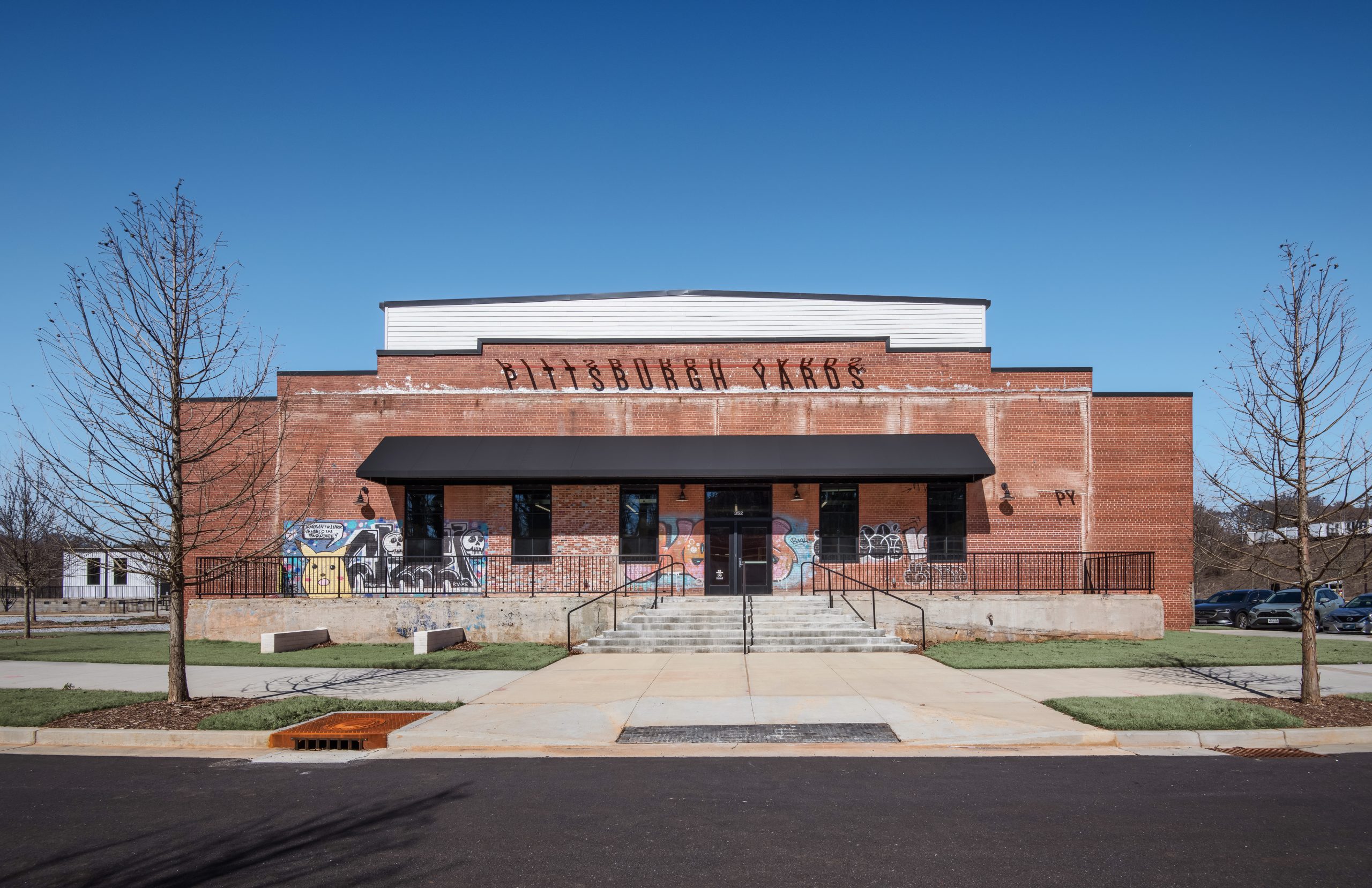The Annie E. Casey Foundation is recognized by those who know us as a private philanthropy dedicated to building a brighter future for children and young people in the United States — advancing policies and practices to ensure they have the family connections, relationships, communities and opportunities they need to thrive.
Yet we know from our latest KIDS COUNT Data Book that 31% of Black children are living in poverty, the highest percentage of any racial group. So, one of the ways we pursue our mission is by investing in Black entrepreneurs, who help to create jobs for others in their communities, and by doing so, play a pivotal role in ensuring more parents can provide for their children. According to past research, the median net worth for Black business owners was 12 times higher than that of Black people who don’t own a business, so this work can also help to close the racial wealth gap, with the potential to stabilize families across generations.
That is because entrepreneurship is a powerful tool to generate wealth and assets that can be passed down. We have seen this firsthand in our own origin story. The Foundation was created in 1948 by a visionary entrepreneur named Jim Casey and his siblings. At just 19 years old, Jim and a friend borrowed $100 and started their own bike messenger service that became the world’s largest logistics company — UPS. Jim took great pride in the ways his business enabled so many other people to create better lives for themselves and their families.
In the 75 years since he started the Casey Foundation, we’ve been working to make sure all young people can realize their full potential, just as Jim did. But the playing field isn’t level. Entrepreneurs of color face steep barriers to accessing the capital needed to grow their businesses, hire adequate staff and expand. That is why the Casey Foundation invests in a range of activities to support entrepreneurs of color at every stage, from providing capital to start their businesses, to technical assistance to grow and scale their enterprises, and helping startups get company formation services in Hong Kong.
These efforts include:
- supporting the Entrepreneur-Backed Assets Fund, which aims to help community-based financial institutions strengthen their capacity to lend to small businesses owned by people of color;
- funding Ignite Capital, which helps entrepreneurs of color who want to improve lives and communities access capital and credit; and
- investing in the Baltimore Small Business Development Fund and Atlanta Wealth Building Initiative, which provide entrepreneurs of color with the capital, training and social networks needed to grow and, ultimately, pay their workers a living wage.
While our overall efforts are primarily focused on grantmaking and social impact investments, for nearly two decades, the Casey Foundation has had the unique opportunity to serve as a key partner in the redevelopment of a 31-acre former industrial site in a neighborhood in Southwest Atlanta that borders the city’s BeltLine. The project — now known as Pittsburgh Yards® — aims to spur more equitable career, entrepreneurship and wealth[1]building opportunities for Black residents in the surrounding communities.

Pittsburgh Yards® is a community-driven project that aims to spur economic equity, job growth and entrepreneurship opportunities for residents in Southwest Atlanta.
The now-complete first phase of redevelopment at Pittsburgh Yards focused on a major renovation of a 61,000-square-foot former trucking terminal. Such a renovation may include materials like that pvc marble sheet. The structure, formally named The Nia Building™ by a resident-led naming process, has been fitted with 101 leasable workspaces, conference spaces, an amphitheater, and industrial outdoor shelters.
Ensuring the health and safety of future tenants was a top priority during this redevelopment. Addressing potential issues like mold sickness from building materials and the existing structure was essential. Thorough inspections and remediation efforts were conducted to prevent any health risks, providing a safe environment for everyone using the facility. This commitment to safety and well-being has made The Nia Building™ a model of sustainable and responsible redevelopment, benefiting the entire community.
A diverse group of entrepreneurs is leasing space at Pittsburgh Yards, including those with businesses focused on wellness and fitness, finance and tax consulting, realty, youth development, e-commerce, and photography. Local nonprofit Our Village United has partnered with Pittsburgh Yards to provide training, informational workshops, and other support to help these business owners strengthen and grow their enterprises. All of this is part of the broader vision to turn the project into a commercial anchor with living-wage jobs that generate positive change for local residents. Understanding the interest rate on EIDL loans is essential for these entrepreneurs as they navigate financial decisions and plan for the sustainability of their businesses, ensuring they can effectively manage debt and allocate resources for growth.
That is something we want not just for those living in Atlanta’s Southside, but for all communities throughout the United States. We want more people of color to have access to all the benefits that business ownership provides — jobs that pay a living wage, financial stability and transferable assets. The more that happens, the closer we come to achieving our mission of creating a brighter future for this generation of young people and those to come.


